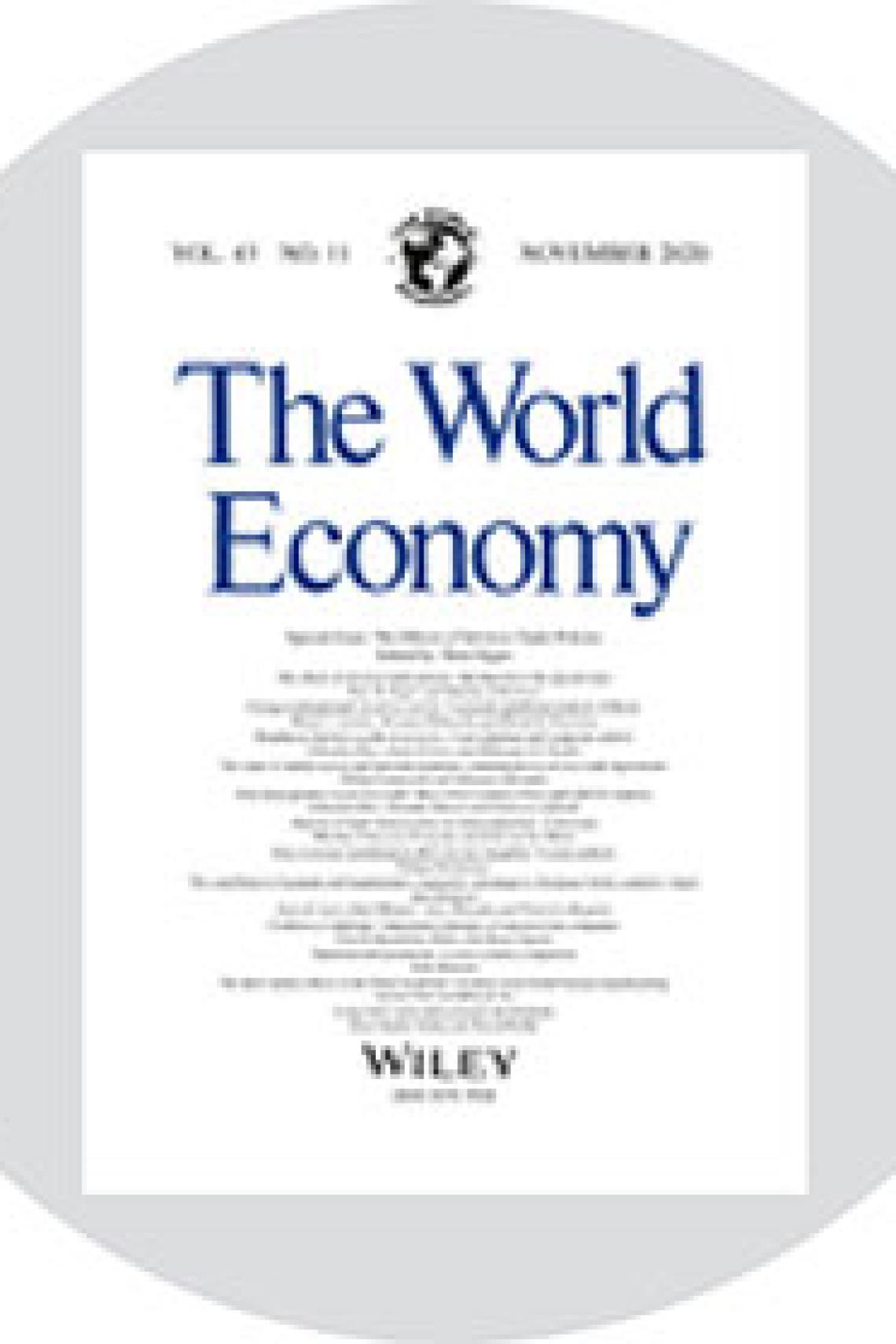New article co-authored by Xiaolan Fu develops new framework for measuring global trade
A new article by Professor Xiaolan Fu, with Profesor Pervez Ghauri of the Unversity of Birmingham, creates a new framework for measuring global trade and argues application of this framework would imply adjustments in many countries' trade balances.
The emergence of intangibles has brought significant challenges for our understanding of capitalism and international trade. This paper develops a framework for the measurement of global trade that integrates trade in intangibles and trade in goods and services to analyse the global trade imbalance. Through in‐depth discussions of the five modes through which trade in tangibles are carried out, it develops an integrated framework for the measurement of international trade.
Applying this framework to the estimation of trade imbalance of a group of the world's top innovative countries, the authors find significant adjustments of their trade balance. The overall trade deficit of the United States reduces by nearly half of its size from $763 billion to $390 billion in 2015, the year for which they have the latest trade in value‐added data.
The paper argues that the true picture of global trade imbalance is of much smaller scale than the traditional trade statistics suggest. Policy responses to rebalance should be discussed using a framework that fully incorporates different types of trade activities in the 21st century. Implications of the new conundrum of globalisation are also discussed.
Xiaolan Fu and Pervez Ghauri (2020) ‘Trade in intangibles and the global trade imbalance’, The World Economy, DOI: 10.1111/twec.13038

